
Why Implement Machine Learning in Manufacturing?
Incorporating machine learning in manufacturing helps to increase efficiency and improve production operations.

Incorporating machine learning in manufacturing helps to increase efficiency and improve production operations.
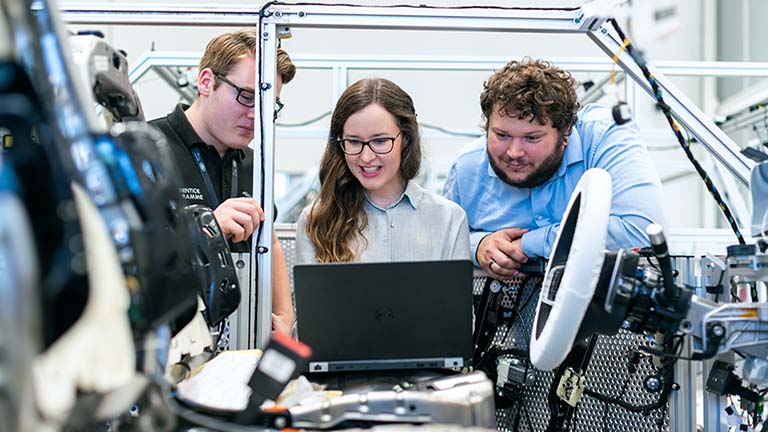
Manufacturing optimization enables a production facility to run more efficiently. In order to remain competitive, present-day manufacturers must have a mindset of continuous improvement.
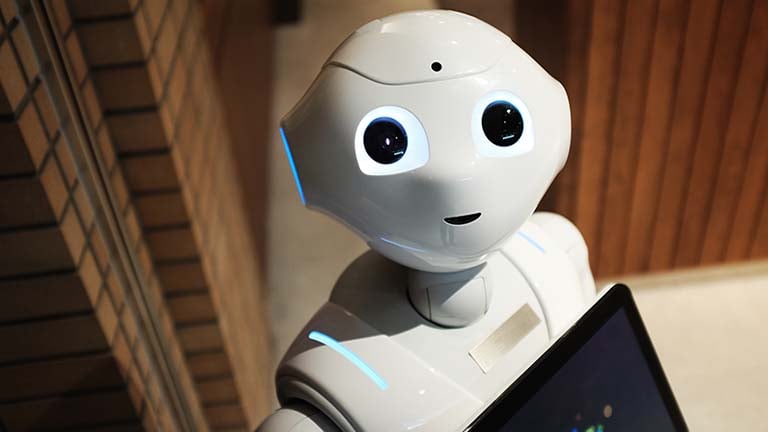
Aindrea Campbell knows more than most about high-tech production. In her previous role, she was senior director of iPad operations at Apple, helping to run the sophisticated assembly lines in

As the effects of climate change become increasingly apparent, sustainability has become a key focus area for manufacturers worldwide who are under pressure to reduce their environmental impact.
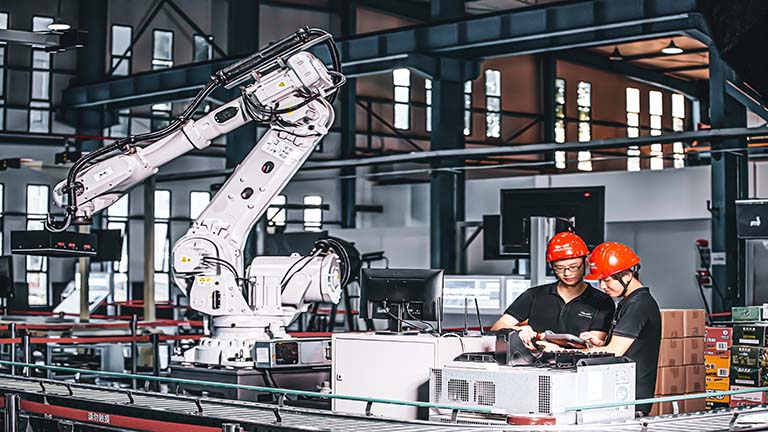
Automated manufacturing operations help a facility run more efficiently and productively.
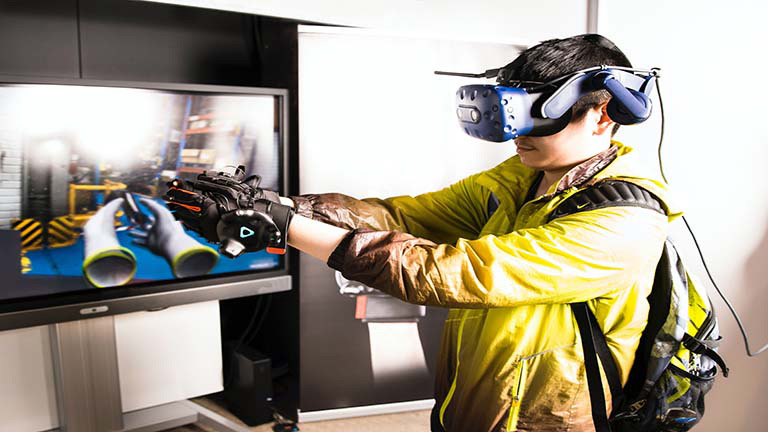
While augmented reality (AR) and virtual reality (VR) technologies have been in the limelight for many years, they are mostly making headlines for exciting new applications in the consumer realm.
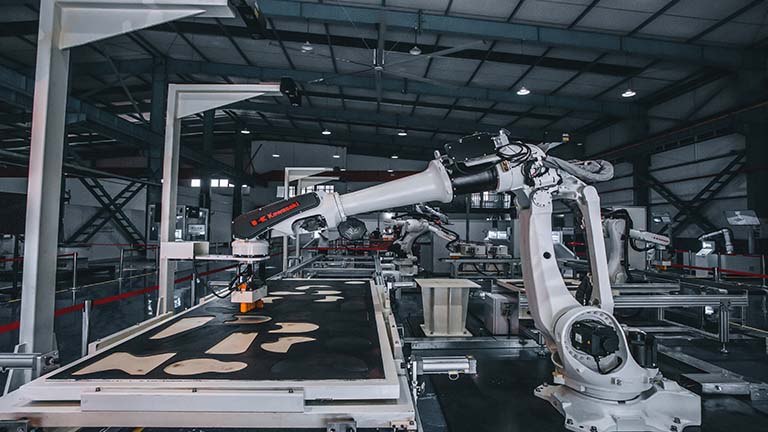
“We’ve experienced 20 years of evolution in two years,” states Rockwell Automation’s CEO, Blake Moret. His statement is telling and illustrates the seismic shifts across the manufacturing sector.

Digital transformation is rapidly evolving throughout the medical, pharmaceutical, and healthcare industries. In the medical device manufacturing segment, digital and smart manufacturing are

For its eighth annual “State of Smart Manufacturing Report,” Rockwell Automation — working with Sapio Research and Plex Systems — surveyed more than 1,000 manufacturers across 13 countries.
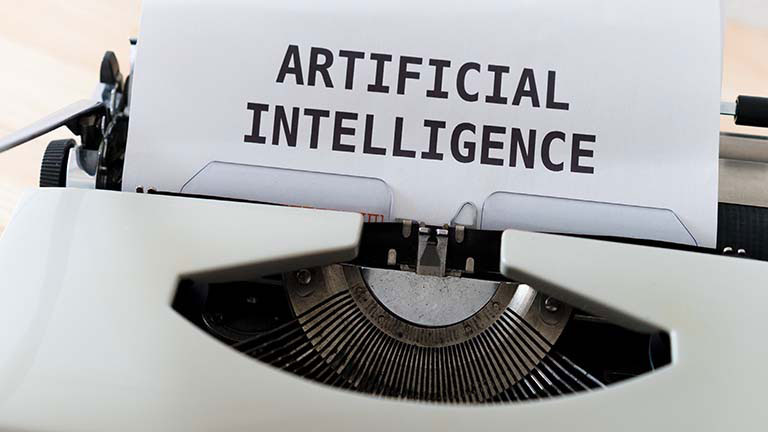
“We’ve experienced 20 years of evolution in two years.” That’s how Rockwell Automation's CEO, Blake Moret, describes the findings of the company’s 8th Annual State of Smart Manufacturing